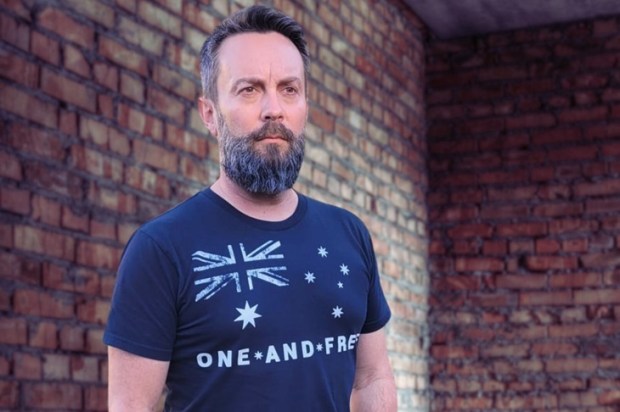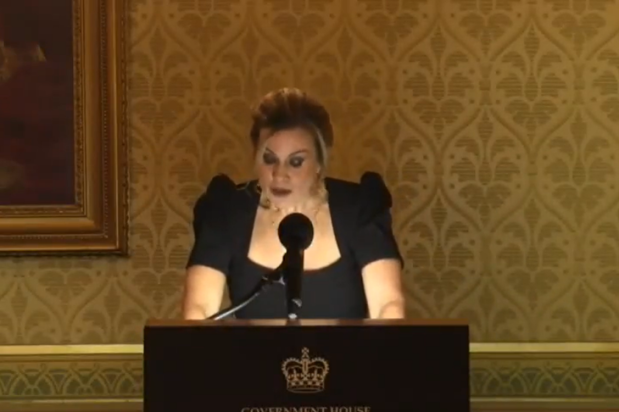It’s time for the flacks to be a lot tougher on the hacks.
There’s absolutely no reason you should want to take part in this world of over-inflated self-importance but, for those unfamiliar with media industry slang, the ‘flacks’ are the public relations people and the ‘hacks’ are the journalists.
It has become par for the course in public relations that the correct approach is to be completely open and transparent while seeking to serve the needs of the media as best as possible.
Good ‘stakeholder engagement’ – as the kings and queens of babble-on like to call it – means always having a smile, cleverly second-guessing journalists’ intentions, and adjusting the ‘narrative’ to suit the whims of these over-worked and time-poor armchair critics of public life.
As one industry stalwart noted on Linkedin this week in the wake of the Scott Morrison ministerial appointment drama:
‘As a communicator, I’m simply baffled by Scott Morrison’s secrecy, knowing how fundamental it is in destroying trust … As a company owner who works closely with colleagues, I am keenly aware of the damage this deception will do to all his work relationships, permanently … Had he sought advice from any comms person, the G-G would have been warned to write to the then PM and explain the potential implications of the secrecy on our Westminster system of democracy.’
I respectfully disagree.
Secrecy destroys trust only if the intention is to deceive and if there is no valid, widely acceptable, and understandable reason for the secrecy.
All governments and corporations must have (and should be entitled to) a degree of privacy around issues that are commercially or competitively sensitive. Indeed, secrecy is often a legal requirement.
Further, in a crisis management situation such as Covid, it is prudent to ensure that all necessary administrative measures are in place so that nothing gets in the way of a fast and effective communication response. In this respect, there is some validity to Morrison’s defence that he was merely getting his ducks in a row in case things suddenly escalated.
As to whether Morrison should have told Cabinet about his move, yes, my industry peer is correct, it was a serious oversight not to have done so.
I’m no defender of Scott Morrison. I think as a leader he performed like a managerial bureaucrat, and as a managerial bureaucrat, he made a few too many rookie errors, like this one. But to suggest the Governor-General has any obligation – or right – to question the decisions of the elected leadership on an administrative matter is a step too far. Furthermore, Morrison’s indiscretion is nowhere near as serious or concerning as the abuse of emergency powers demonstrated by the state Premiers.
Whether the media and public needed to be told about Morrison’s appointments – given the authority was precautionary and never used – remains debatable. No doubt Morrison would have considered the media’s track record when it comes to responsible reporting as part of his decision. At their base level, the Australian MSM are emotionally reactive and heavily biased against conservative party politicians. We have now been treated to exactly what their headlines would have looked like had they been informed at the time: Morrison power grab!
The general disrespect for our nation’s high office and office-bearers that seems to be held by the Canberra press gallery was on display during the questioning of the former Prime Minister as he sought to explain his moves – and admit his errors – at a media conference last Wednesday.
It’s worth watching the whole thing to get an accurate feel for this.
There is an obligation on the part of the media to hold power accountable. There is no corresponding right to be aggressive, disrespectful, or overly performative in doing so.
The bigger offence of the Australian media is their tendency to embrace pack mentality and groupthink while pursing their prejudice about who are the ‘heroes and villains’ in a given story. The very nature of a gallery implies that groupthink will emerge and so this impulse should be consciously combated on a daily basis by every journalist in that pack. But the tendency to pre-write the narrative is both worse and much harder for someone like Morrison to overcome if they have been pre-cast as the villain.
On the PR side, good, friendly, and well-meaning stakeholder engagement isn’t going to cut it. You can’t explain your position to a raging crowd that’s already convicted and executed you before the fact. In these cases – as American crisis management guru Eric Dezenhall likes to say: they’re not stakeholders, they are adversaries, and you need to treat them as such.
Management of the media in Australia by PR professionals remains way too ‘kid glove’. This is why it gets harder and harder to appease the 24-hour news beast. The dragon has become a spoilt, entitled brat like Daenerys in the the final season of Game of Thrones.
It’s time for a more aggressive and assertive PR stance against the media from our overly-maligned politicians, political parties, and corporations.
You can’t do warm-and-fuzzy stakeholder relations with a stakeholder that wants you dead.
In those cases, it’s a power struggle, and a legalistic-power approach is needed.
Using rational argument in the court of public opinion is like turning up to play cricket with a golf club. You can be 100 per cent right in this court, but still lose because the journalist and the public don’t like the way you sounded or looked, let alone what you said.
As Dahlia Lithwick, host of the law podcast Amicus, once noted:
‘…in the [metaphorical] Court of Public Opinion there are no rules of evidence, no burdens of proof, no cross-examinations, and no standards of admissibility. Also, please be aware that in the Court of Public Opinion, choosing silence or doubt, is itself a prosecutable offense.’
We have to hang onto courts of law and rules of evidence to combat upstart journalists with an axe to grind. Kangaroo court anyone? We have had plenty of them pop up under the banner of social justice. Even in our real law courts, it’s hard enough to ensure justice is done.
The American media were appalled that Trump could damage the ‘great public institution of the media and journalism’, so fundamental to our system of democracy.
The irony here would be hilarious if it wasn’t so serious.
Journalism is critical to a functioning democracy, but it’s the type of journalism that matters. Bad journalism is not beyond attack, as Trump’s hostile approach to the mainstream media proved. And nobody has done more in recent decades to diminish the quality of journalism in Australia than the media itself.
Damian Coory is an expert in crisis communications and a former Managing Director at the global PR firm, Edelman. In his early career he worked as a political and issues reporter and news presenter at Network Ten, ABC Radio, 3AW, 4BC and Triple M.

























